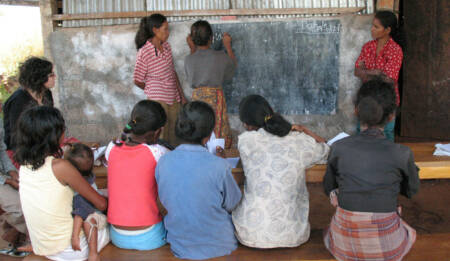Sustainable, Resilient and Regenerative Communities
Supporting communities within Aotearoa New Zealand to be resilient, sustainable in their approaches, and regenerative in their practices.
The 2030 Agenda for Sustainable Development
UNESCO sees sustainable development as a means to meet the needs of the present without compromising the future. It works to tackle poverty, foster education, and protect global natural heritage, guided by the 2030 Agenda for Sustainable Development.
The 2030 Agenda for Sustainable Development is made up of 17 Sustainable Development Goals (SDGs) and 169 targets to work towards sustainable development globally.
Sustainable development is particularly important for the Pacific region, as our unique geographical and socio-economic characteristics make us vulnerable to the impacts of climate-related activities.
The National Commission's Approach
Our approach centres on supporting Aotearoa New Zealand and its communities to learn about and utilise sustainable and regenerative practices, as well as build resilience to better address the impacts of climate-related events. Our work is informed by a te ao Māori approach that recognises our kinship and reciprocal relationship with the environment.
Our work recognises the unique Aotearoa New Zealand context, grounded in Te Tiriti o Waitangi principles and informed by Māori tikanga and values.
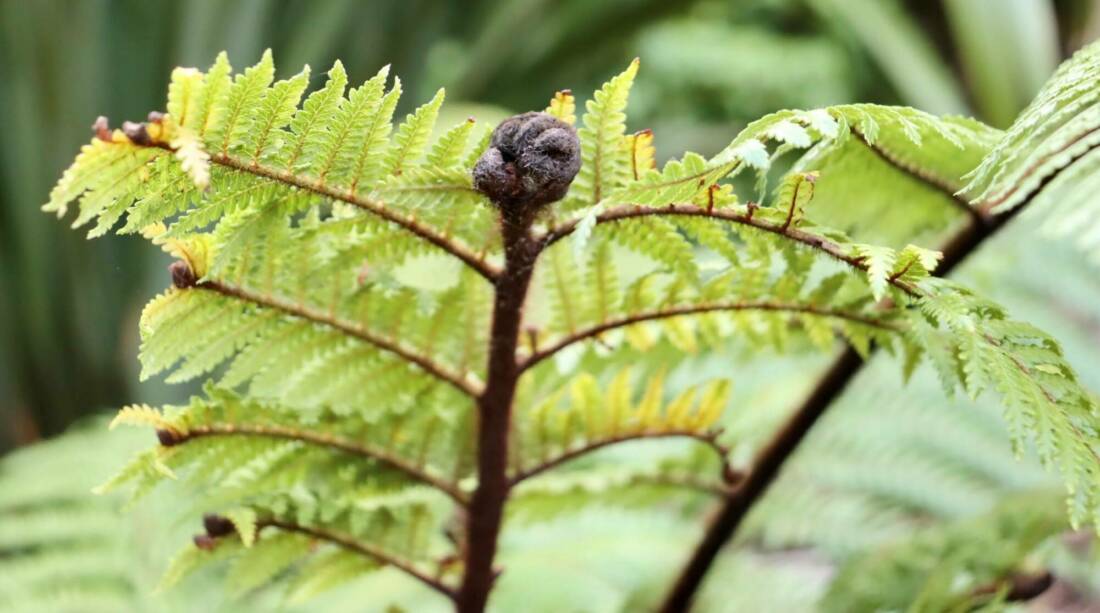
Educations Role in Sustainable Development
We need innovative solutions to address impacts of climate change and build resilience. Education (including life-long learning) plays a vital role in promoting solutions, as it fosters environmental awareness and encourages sustainable practices.
UNESCO has the UN mandate to lead on SDG4, which aims to “ensure inclusive and equitable quality education and promote lifelong learning opportunities for all’.
This goal is a pivotal driver for positive change, emphasising the transformative power of education in fostering a sustainable and equitable world.
We have focused on Target 4.7 over the past years through our Global Citizenship Education work. It focuses on life-long learning and the broader purposes of education, asking us all to think about why we are learning.
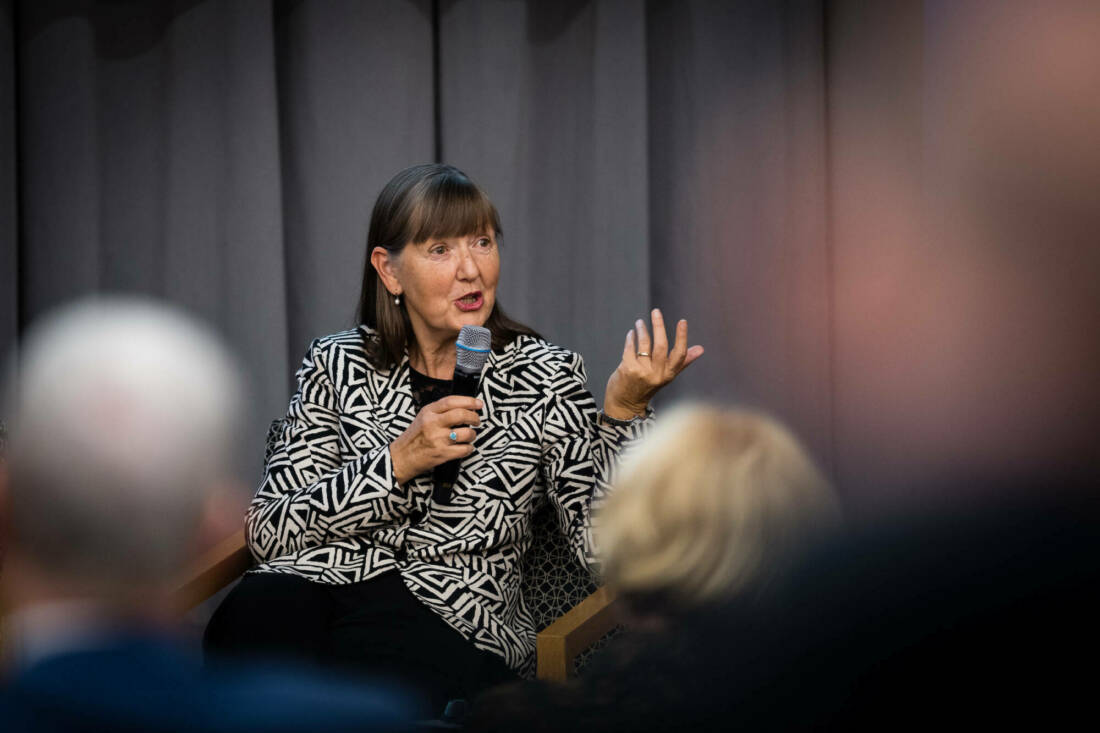
Sustainable, Regenerative and Resilient Communities
In addition to SDG 4, several other SDGs guide our work in this area. These are SDG 11- Sustainable Cities and Communities, SDG 13 – Climate Action and SDG 16 – Promote Peaceful and Inclusive Societies.
Communities play a central role in driving sustainable development. They hold essential knowledge and practices and are uniquely placed to support diversity and intersectionality in Aotearoa New Zealand.
Resilient communities are able to overcome hurdles that come their way (such as those created by climate change). Resilience is an essential component to attaining SDG 11 and 13.
Regenerative communities look beyond maintaining the status quo and take a proactive, holistic approach to sustainability.
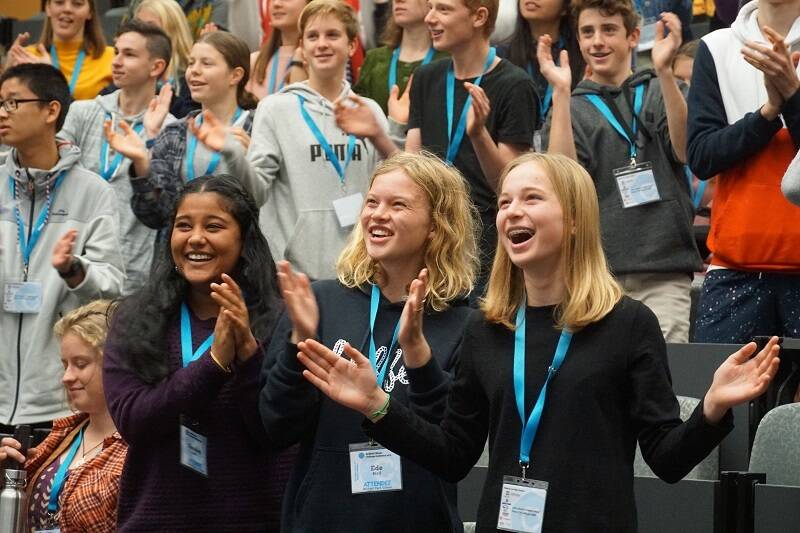
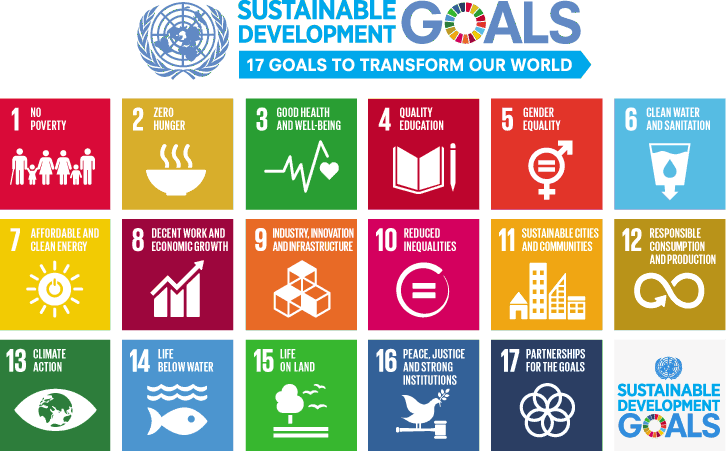
Resource


